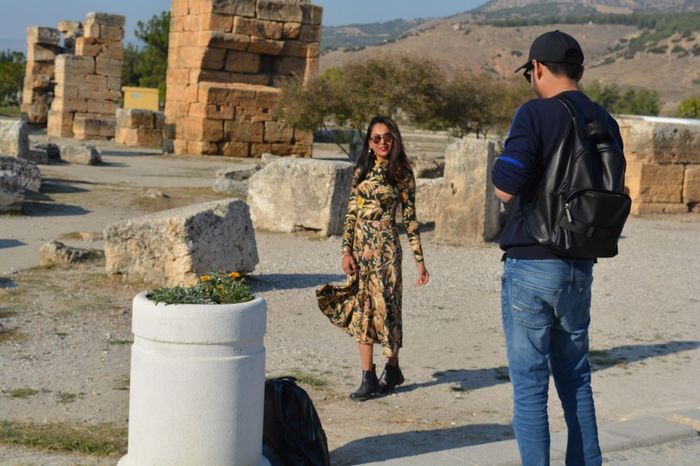And I would ask my readers not to distrust my account, nor to regard with suspicion the words that I shall presently write here, because they are penned during this emperor’s lifetime. The very reason why I undertook to write this history was, in fact, none other than this, that men might know there exists a human nature of such divinity, one that far surpasses all others that we have ever known before.**284
2. It is difficult to decide which of his qualities I am to delineate first, but I consider the following characteristic most worthy of note: despite the fact that none of his subjects, however humble, however distinguished in any way, however illustrious, remained for long personally unknown to the emperor, not one was ever abused by him, or insulted in public, or refused admittance to his presence because of some delinquency.
Supreme example of this trait
Further than that, even when Michael had been deliberately affronted, he preferred to disregard bad manners rather than to rebuke them openly. The supreme example of this trait occurred when he caught certain individuals — and they were, incredible though it may seem, members of his own bodyguard, entrusted with his own safety — actually hastening to do him some injury. Yet their impudence earned them neither reproof nor threats of terrible vengeance.
There were several cases, too, of attempted robbery from the imperial treasury, where the burglars were caught red-handed. They also were released, and far from treating them with any severity, Michael did not even impugn their motives. He was a man of extraordinary intelligence, and through careful observation he acquired a knowledge of affairs. He had, for instance thorough grasp of the whole system of taxation, of revenues and public expenditure, of the incomes paid from the exchequer and the percentage of income paid back to the treasury in the form of taxes.
Read More about Rinconete and Cortadillo part 8








